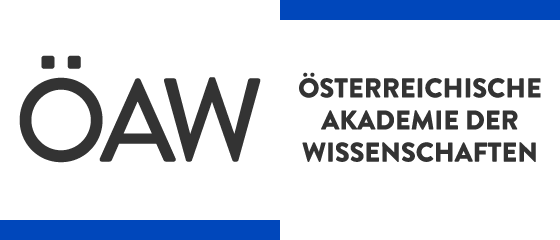Modality and Theory of Mind Elements across Languages / / ed. by Werner Abraham, Elisabeth Leiss.
Modality is the way a speaker modifies her declaratives and other speech acts to optimally assess the common ground of knowledge and belief of the addressee with the aim to optimally achieve understanding and an assessment of relevant information exchange. In languages such as German (and other Germ...
Saved in:
| Superior document: | Title is part of eBook package: De Gruyter DGBA Backlist Complete English Language 2000-2014 PART1 |
|---|---|
| MitwirkendeR: | |
| HerausgeberIn: | |
| Place / Publishing House: | Berlin ;, Boston : : De Gruyter Mouton, , [2012] ©2012 |
| Year of Publication: | 2012 |
| Language: | English |
| Series: | Trends in Linguistics. Studies and Monographs [TiLSM] ,
243 |
| Online Access: | |
| Physical Description: | 1 online resource (460 p.) |
| Tags: |
Add Tag
No Tags, Be the first to tag this record!
|
| Other title: | Frontmatter -- Preface -- Contributors -- Table of contents -- Introduction: Theory of mind elements across languages. Traces of Bühler’s legacy in modern linguistics -- Part I. The foundation: speaker and hearer deixis, shifter, and double displacement -- Epistemicity, Evidentiality, and Theory of Mind (ToM) -- Illocutive force is speaker and information source concern. What type of syntax does the representation of speaker deixis require? Templates vs. derivational structure? -- Exploring the Theory of Mind interface -- The distribution of knowledge in (un)acceptable questions -- Traces of Bühler’s semiotic legacy in modern linguistics -- Part II. Instances of deixis and origo in sundry languages -- Modal particles, speaker-hearer links, and illocutionary force -- Discourse particles at the semantics-pragmatics interface -- Modality in the Romance languages: Modal verbs and modal particles -- The epistemological treatment of information and the interpersonal distribution of belief in language: German Modal Particles and the typological challenge -- Construction-dependent person hierarchies -- Illocutionary force and modal particle in the syntax of Japanese -- What is it that keeps the rein on quotative modals so tight? A cross-linguistic perspective -- General index |
|---|---|
| Summary: | Modality is the way a speaker modifies her declaratives and other speech acts to optimally assess the common ground of knowledge and belief of the addressee with the aim to optimally achieve understanding and an assessment of relevant information exchange. In languages such as German (and other Germanic languages outside of English), this may happen in covert terms. Main categories used for this purpose are modal adverbials ("modal particles") and modal verbs. Epistemic uses of modal verbs (like German sollen) cover evidential (reportative) information simultaneously providing the source of the information. Methodologically, description and explanation rest on Karl Bühler's concept of Origo as well as Roman Jakobson's concept of shifter. Typologically, East Asian languages such as Japanese pursue these semasiological fundaments far more closely than the European languages. In particular, Japanese has to mark the source of a statement in the declarative mode such that the reliability may be assessed by the hearer. The contributions in this collection provide insight into these modal techniques. |
| Format: | Mode of access: Internet via World Wide Web. |
| ISBN: | 9783110271072 9783110238570 9783110238457 9783110636970 9783110742961 9783110288995 9783110288902 9783110288896 |
| ISSN: | 1861-4302 ; |
| DOI: | 10.1515/9783110271072 |
| Access: | restricted access |
| Hierarchical level: | Monograph |
| Statement of Responsibility: | ed. by Werner Abraham, Elisabeth Leiss. |
